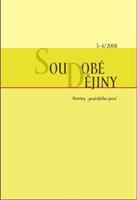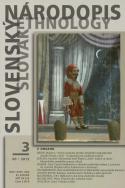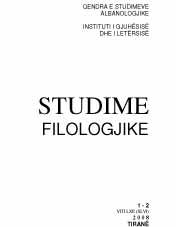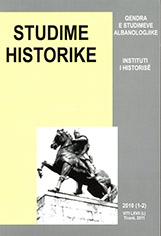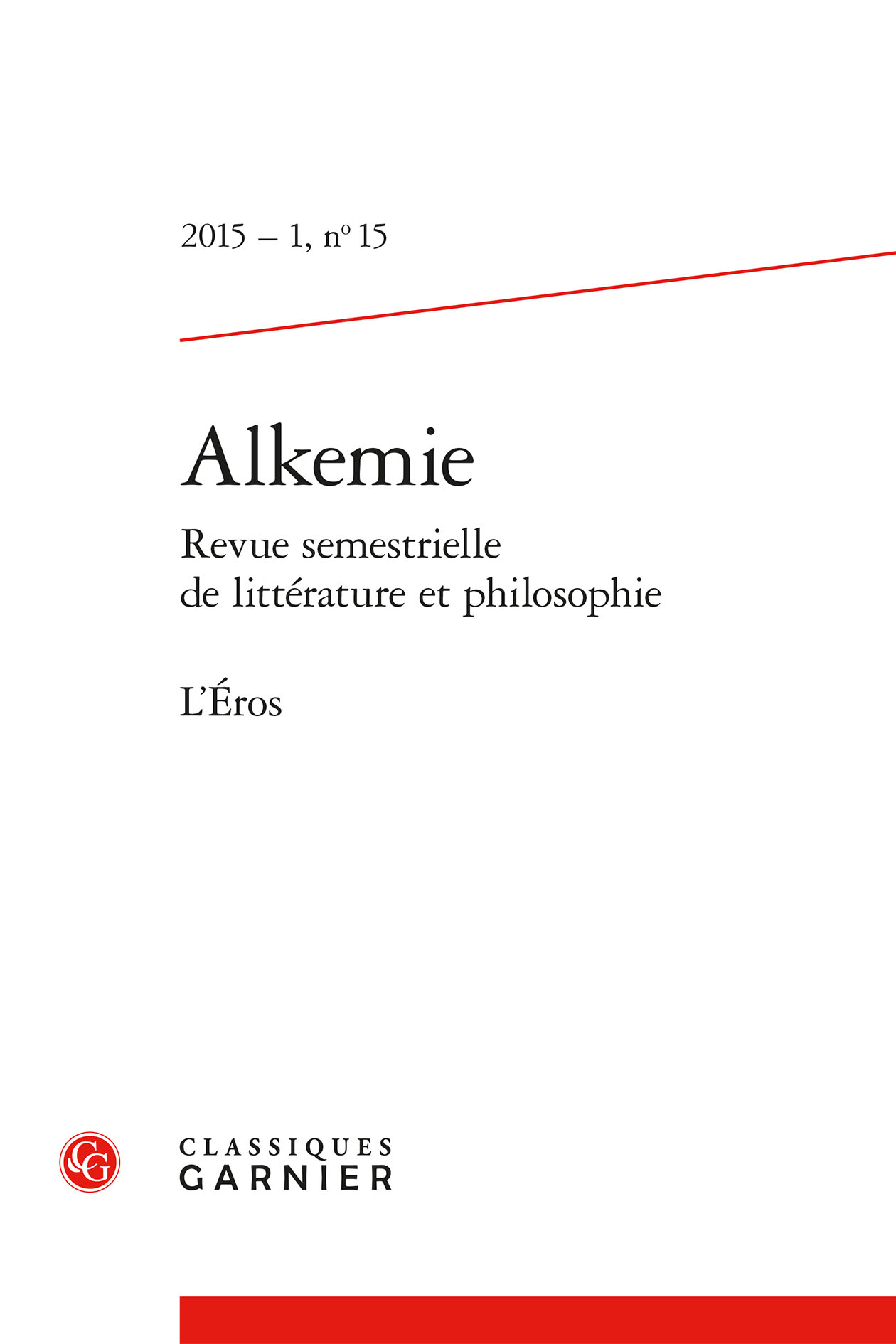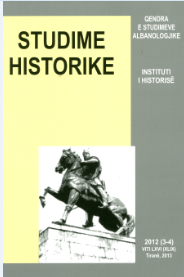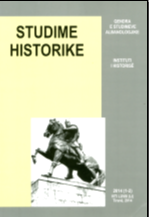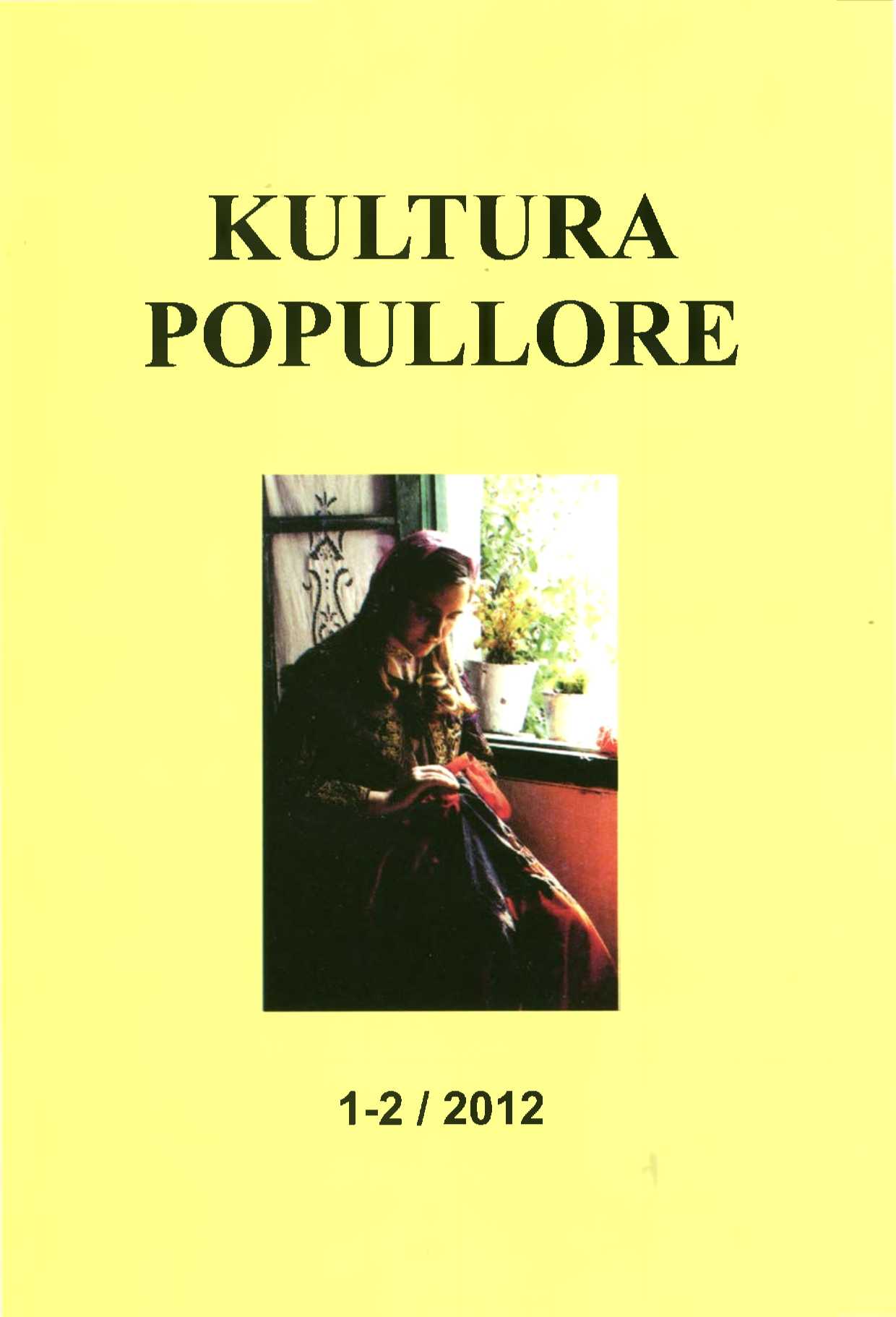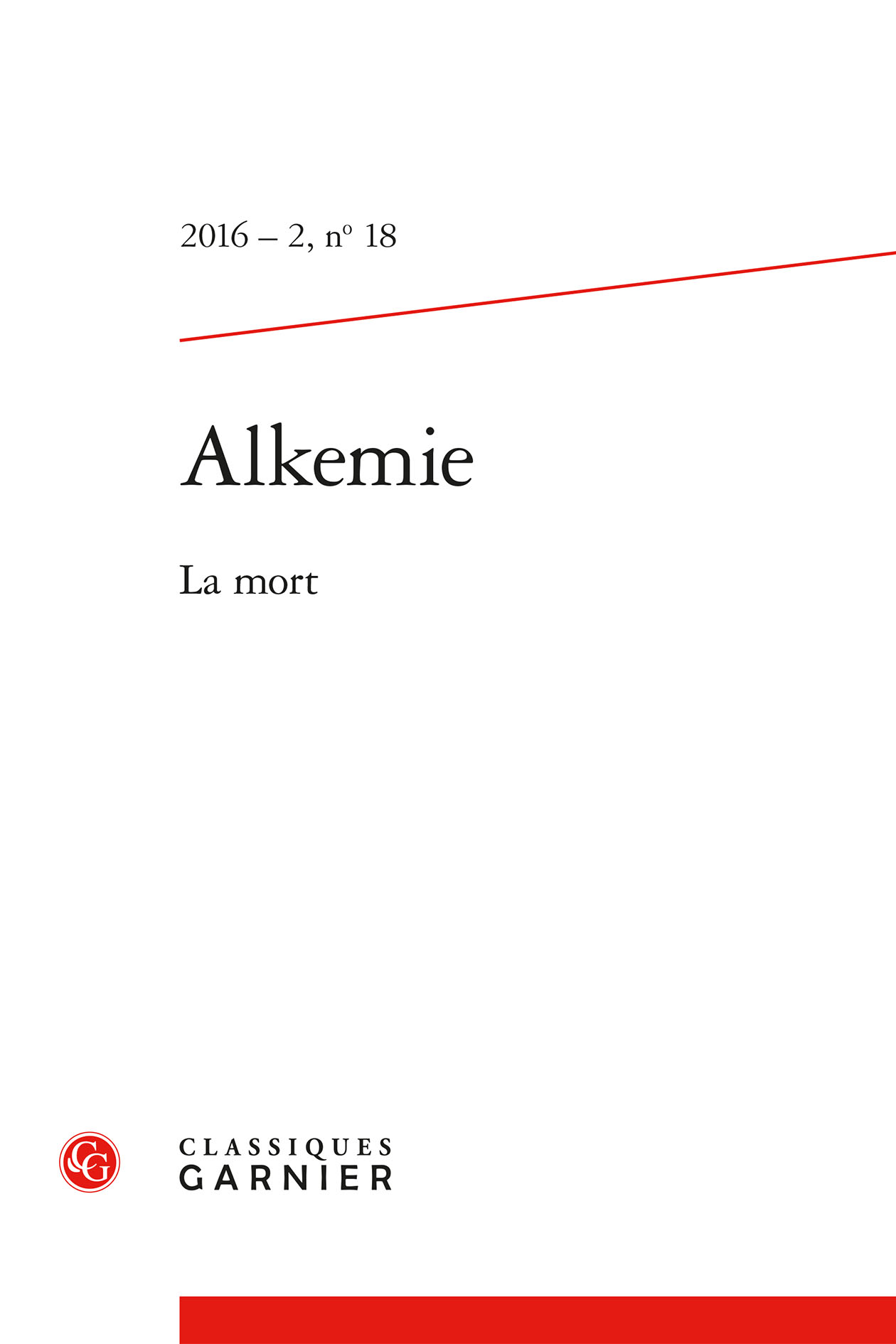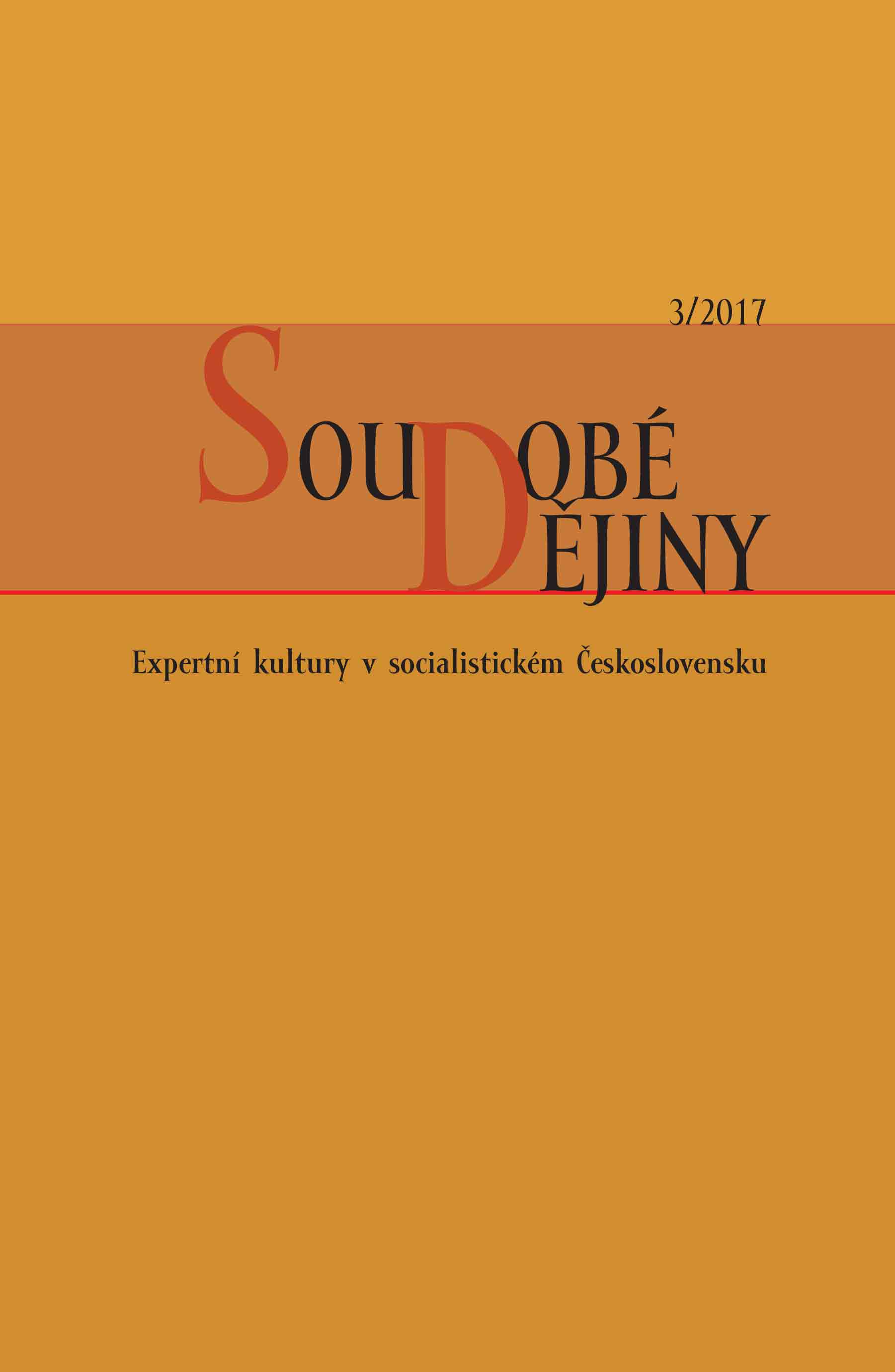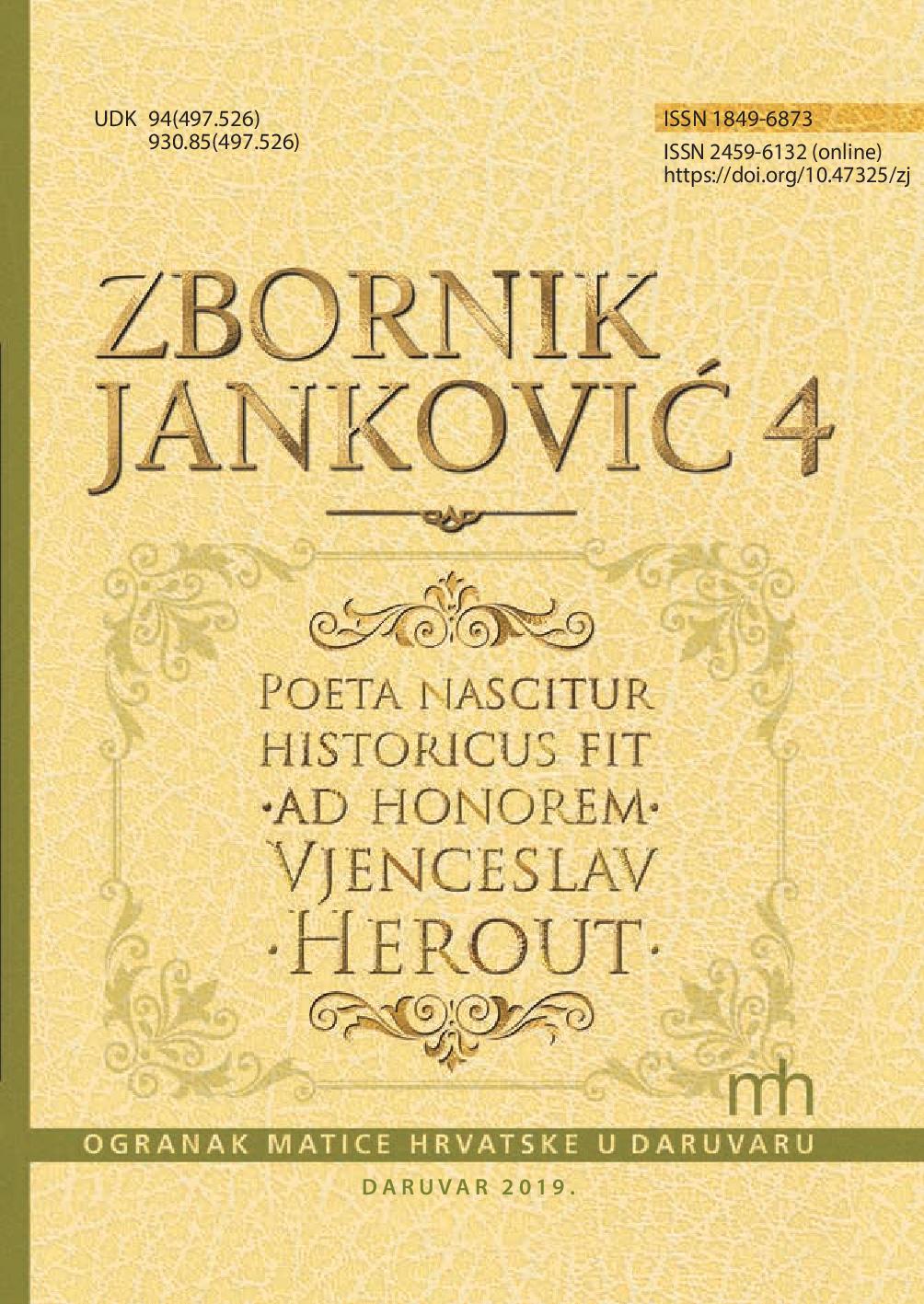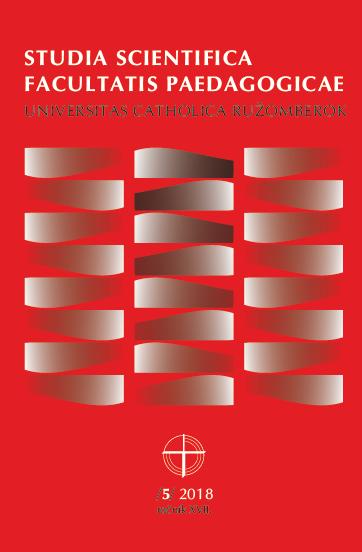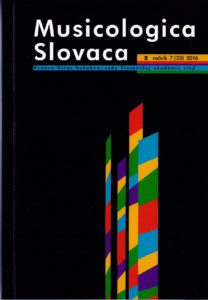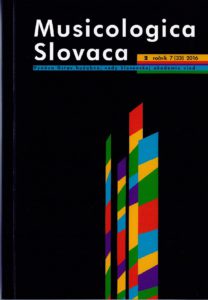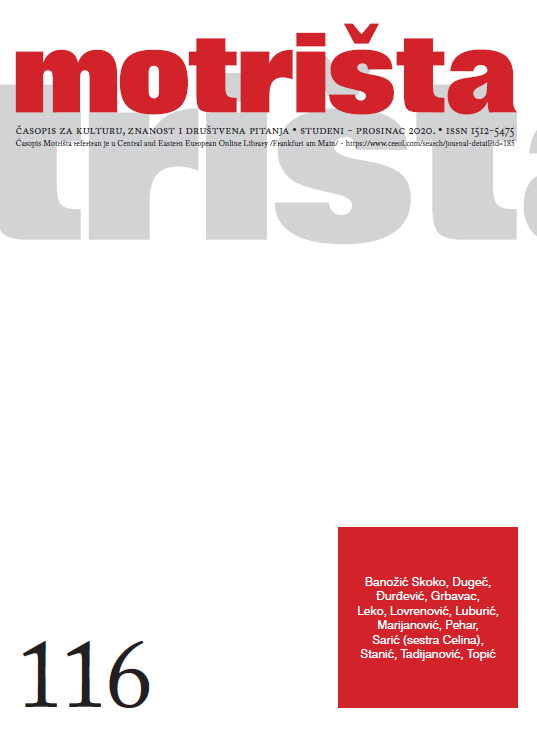Dukuri në leksikun e ligjërimit publicistik në Shqipëri
Author(s): Jani Thomai / Language(s): Albanian
/ Issue: 46/2016
Keywords: lexis; Albanian language;
As is known, publicist discourse is very extensive in problematic, diversified in genres and types, and most importantly, very dynamic in development and open to movement in the system of expressive means, therefore it requires permanent observation and periodic studies. Its borders are open, journalistic and audio-visual genres and types numerous, authors of publicist production are countless and diverse according to the country of origin, age, educational and cultural background, the level of proficiency in standard Albanian language, social strata, skills and experience, beliefs and tastes etc. In present time journalism the vocabulary has also expanded and is mixed in many directions while becoming narrowed and specialized in other directions. The scope of news, information, press conferences, speeches, statements, discussions and debates, interviews, etc., has expanded, in which, based on characteristics of this field, the vocabulary is somewhat limited and semantically in horizontal plane. The life of Albanian society today is dominated by politics; therefore political discourse occupies the leading place in journalism. The influence in the system of publicist types made by the speeches and press conferences of political and state dignitaries, the statements, discussions and debates in Parliament and in television shows, the interviews, etc., as well as relatively new columns, especially with some lexical novelties, mainly terms, but also recently borrowed words, both in new areas or in less developed areas previously in our country, reinforce the bookish hue of this discourse. Generally it is noticed that to the modern developments are not corresponding to the space of cultivated journalistic gender system, nor to the progress in quality, and especially not, the degree of wealth, lexicalsemantic adaptation and genuine crystallization of stylistic means of expression. Comparing a study, published in 1984, we can say that today in publicist types of writings there are significant changes in general features, linguistic forms, and expressive means. Types of literary journalism today are almost absent or very rare. Particularly in information and analytical writings there are contrasting movements: the expansion of lexis in press language in these texts is done by resource tools like word formation and borrowing (unlimited terminology of foreign words). Today in Albania, the number of press institutions and audio-visual channels, both central and local, has greatly increased. Presently are circulating 18 socio-political daily newspapers, seven daily sports newspapers, 36 monthly newspapers, 69 quarterly, 169 annual, 650 online (except magazines) 24; 5 national audio-visual media and 79 local and regional audio-visual media in all cities of the country transmitting numerous broadcast programs in 24 hours. In large cities there are several audiovisual media. Only in Tirana region operate 26 audio-visual operators. Expansion of journalistic activity and the press freedom have often led to the decrease of the linguistic expression levels, to many violations of linguistic norms, and to its neglect. Present day publicist discourse has weaknesses in all aspects of linguistic expressive means, but the most disturbing flaw is the widespread poverty of linguistic expression, in the lexis and semantic, as well as stylistic and discursive ground. Linguistic poverty in journalistic discourse is noticed in two axes: in the horizontal axis or plane - words, phrases, idioms, structure of syntax, and in the vertical axis - semantics and stylistics, which is noticed by the lack of especially high expressive means, such as: the class qualifying words (adjectives of names with this meaning), figurative meanings, phraseology etc.
More...

